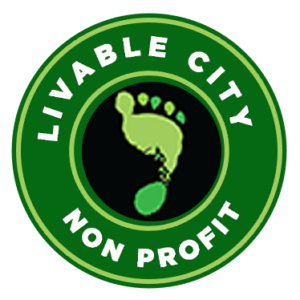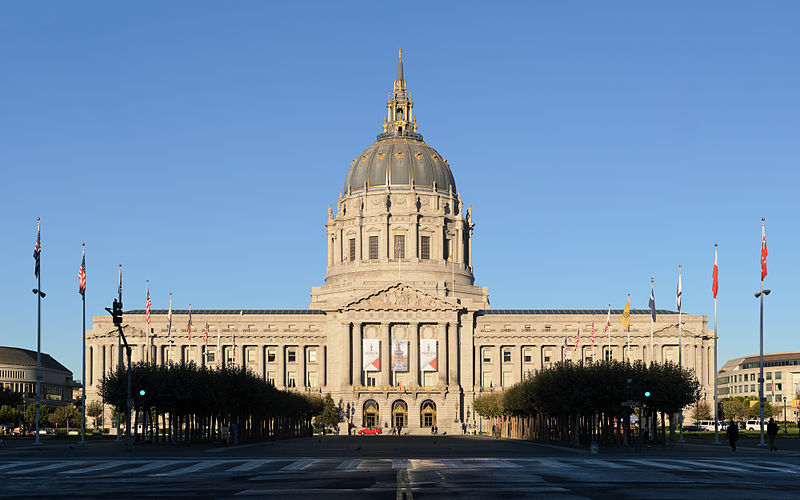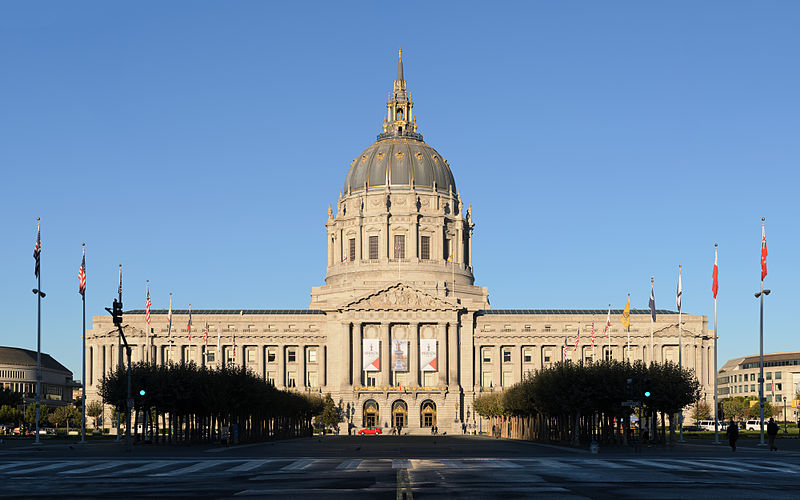
The results of the November 6 election are mostly counted.
The big national news is that the Democratic Party will control the House of Representatives for the next two years, breaking the Republicans’ monopoly on national government.
Democratic control of the House will likely slow, or even stop, Republicans’ unprecedented attempts to dismantle laws that protect the environment and public health, and reduce federal funding and programs for housing and public transportation.
Voters in San Francisco, the Bay Area, and California supported measures to provide more housing for Californians in need, improve transportation, and expand green public open space.
California voters approved Proposition 1, a new $4-billion general obligation bond to build and rehabilitate affordable housing, and fund homebuyer assistance programs for qualifying households and veterans. Voters also approved Proposition 2, which allows current state funds earmarked for mental health to be used to provide housing for Californians in need of mental health services. Prop 2 is part of a growing movement to integrate approaches to housing and health.
Voters also rejected Proposition 6, which would have rolled back California’s 2016 increase in fuel taxes to fund transportation across the state. Fuel taxes had not kept pace with inflation, and California’s transportation spending has fallen far behind what’s needed to keep our transportation system – sidewalks, public transportation, bicycle access, roads, and highways – operating safely and effectively, and in good repair. Taxing fossil fuels also encourage Californians to drive less, use sustainable transportation options, and choose more fuel-efficient, less polluting, and non-fossil-fueled vehicles.
In San Francisco, voters strongly approved Proposition C, which increased the City’s gross receipts tax on large corporations to fund homeless services, shelters, and housing. San Francisco voters also approved Proposition A, a bond measure that will fund repairs to the City’s century-old seawall along the Bay shore so it can better withstand large earthquakes and sea-level rise.
Voters in Brisbane approved Measure JJ, which authorizes amendments to Brisbane’s general plan to permit the construction of up to 2200 housing units on the Brisbane Baylands. The Baylands is a 660-acre former railroad yard located on either side of the Caltrain line just south of Bayshore Station. The Baylands are one of the largest transit-served infill development sites in the Bay Area, with twice the acreage of San Francisco’s Mission Bay development. The Baylands’ location on a regional rail line makes it a good place for jobs and housing. Brisbane’s city council had long resisted permitting any housing on the site, and housing advocates and state legislators have tried to shame the City into allowing housing there. City officials put the general plan amendment before the voters rather than legislating it themselves. The passage of Measure JJ is the first step in a long process – toxic materials on the site need to be cleaned up, and the City will still have to approve a specific development proposal.
East Bay voters approved Measure FF, which extended an existing parcel tax for another 20 years to aquire open space, build trails, and repair and improve parks. San José voters approved Measure T, a $650 million bond to fund various public safety projects. Included in the measure is funding to transform Coyote Creek and the Guadalupe River, San José’s main waterways, into river greenways that can safely carry floodwaters while providing recreation and open space, restoring natural habitat, recharging groundwater, and improving water quality.

